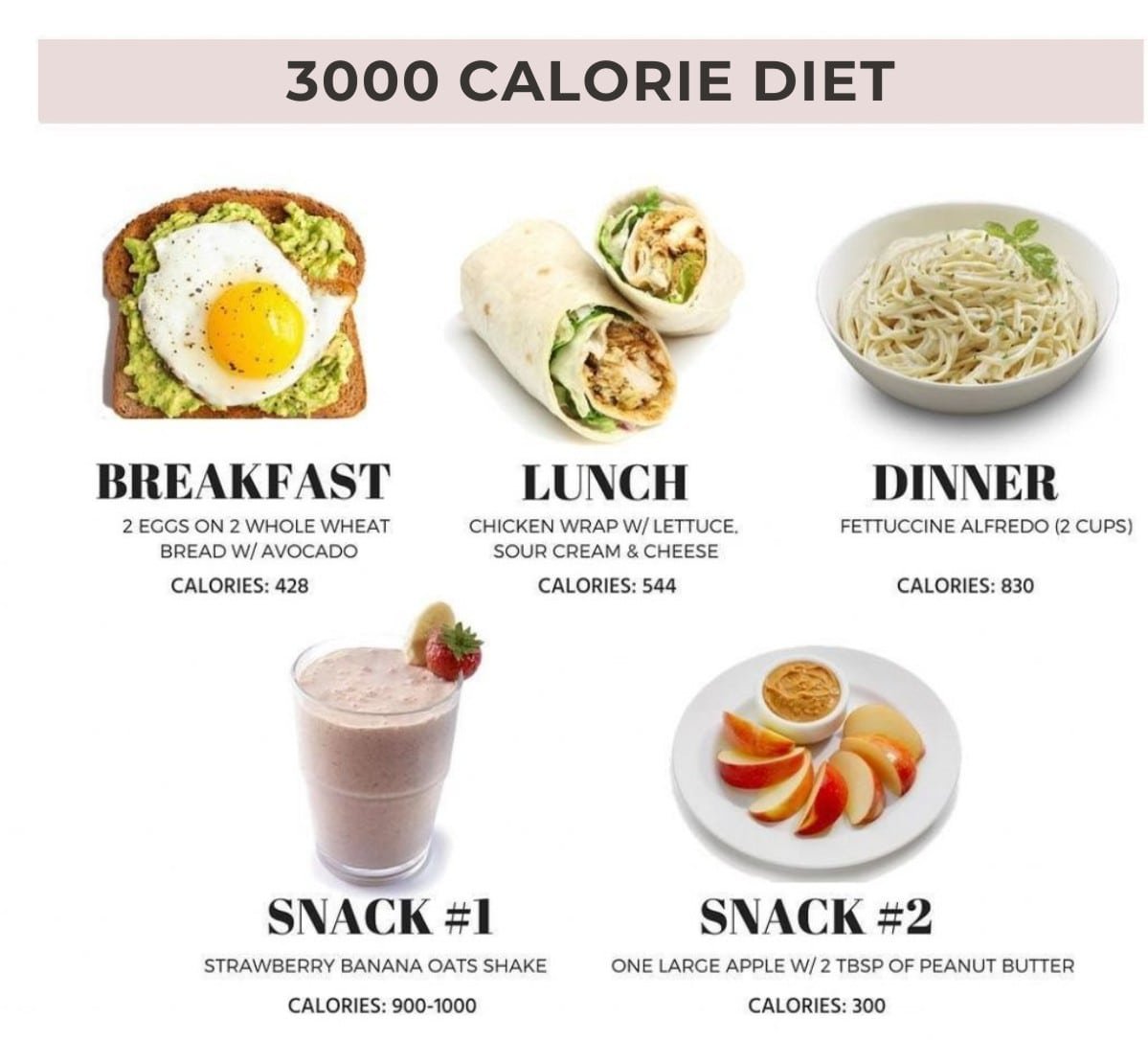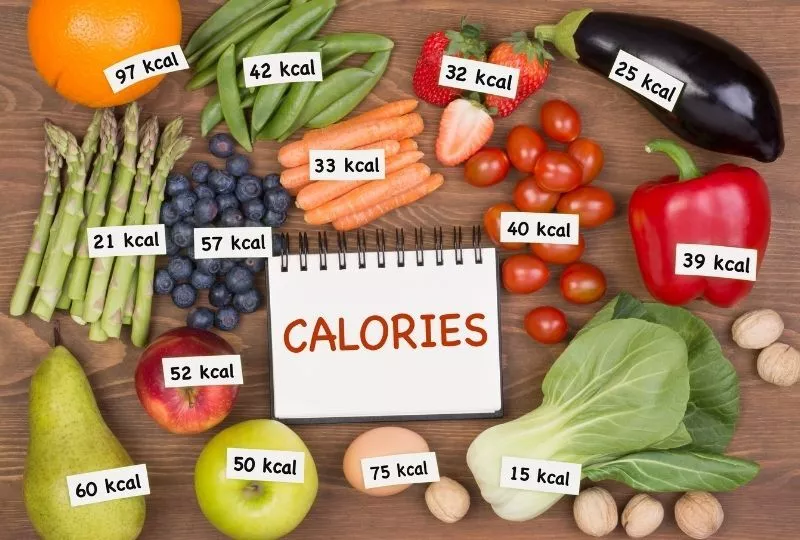How To Get 3000 Calories Per Day

Imagine the aroma of sizzling bacon mingling with the sweet scent of maple syrup, a plate piled high with fluffy pancakes glistening under a pat of butter. Picture a hearty bowl of chili, brimming with beans and tender chunks of beef, steaming invitingly on a chilly evening. These are just glimpses into a world where fueling your body with 3000 calories a day becomes not just a necessity, but an enjoyable experience. This isn't about restriction; it's about abundance, about understanding how to nourish your body effectively and deliciously.
This article explores the practical strategies and mindful choices involved in consistently consuming 3000 calories daily. We’ll delve into meal planning, food selection, and lifestyle adjustments that support this dietary goal, all while prioritizing health and well-being.
Understanding Your Caloric Needs
Before diving into the how-to, it's crucial to understand why someone might need 3000 calories a day. This level of intake is often required by individuals with high activity levels, such as athletes, construction workers, or those engaged in intense daily exercise.
It's also sometimes necessary for individuals trying to gain weight, whether to build muscle mass or recover from illness. Consulting with a registered dietitian or healthcare professional is always recommended before significantly increasing your caloric intake. They can assess your individual needs and ensure this level of consumption is appropriate and healthy for you.
Crafting a 3000-Calorie Meal Plan
The cornerstone of achieving any dietary goal is a well-structured meal plan. Instead of viewing 3000 calories as a daunting number, break it down into manageable meals and snacks throughout the day.
Consider incorporating five to six eating opportunities: three main meals and two to three strategically placed snacks. This approach prevents you from feeling overwhelmed and helps maintain stable energy levels throughout the day.
Breakfast: Powering Up the Day
Start your day strong with a breakfast that provides a substantial caloric foundation. Oatmeal with nuts, seeds, and fruit, totaling around 600-800 calories, is a great option. Alternatively, a breakfast burrito packed with eggs, cheese, beans, and avocado can offer a similar caloric punch.
A protein shake blended with protein powder, milk (or a plant-based alternative), banana, and peanut butter is another quick and convenient way to kickstart your calorie intake.
Lunch: Midday Fuel
Lunch should be equally substantial. A large sandwich on whole-grain bread with lean protein, cheese, and plenty of vegetables is a versatile choice. Aim for around 700-900 calories.
Alternatively, consider a hearty salad with grilled chicken or fish, avocado, and a calorie-rich dressing. Leftovers from dinner are also a great way to ensure you’re getting a balanced and satisfying midday meal.
Dinner: The Grand Finale
Dinner offers the opportunity to enjoy a satisfying and flavorful meal while contributing significantly to your daily caloric target. A plate of pasta with a meat sauce, accompanied by a side salad and garlic bread, can easily contribute 800-1000 calories.
Another excellent option is a grilled steak with roasted vegetables and a baked potato loaded with toppings. Portion sizes are key here; don't be afraid to load up on nutrient-dense foods.
Snacks: Strategic Calorie Boosters
Snacks are essential for bridging the gaps between meals and ensuring you reach your 3000-calorie goal. Choose snacks that are both calorie-dense and nutritious.
A handful of nuts and dried fruit, a Greek yogurt parfait with granola and berries, or a protein bar can provide a quick and easy calorie boost. Consider a smoothie with fruit, protein powder, and healthy fats for a liquid snack option.
Food Choices: Prioritizing Nutrients
While reaching 3000 calories is the goal, it's equally important to prioritize nutrient-rich foods. Focus on incorporating a variety of whole grains, lean proteins, healthy fats, fruits, and vegetables.
Avoid relying solely on processed foods, sugary drinks, and unhealthy fats, even if they are calorie-dense. These options can lead to nutrient deficiencies and negative health consequences.
Lean Protein: Building Blocks for Success
Protein is crucial for muscle growth and repair, especially if you're physically active. Include lean sources of protein in every meal, such as chicken breast, fish, turkey, beans, lentils, tofu, and Greek yogurt.
Aim for around 1 gram of protein per pound of body weight, or slightly more if you're engaged in intense resistance training.
Healthy Fats: Fueling Performance
Healthy fats provide sustained energy and support hormone production. Incorporate sources like avocados, nuts, seeds, olive oil, and fatty fish into your diet.
These fats are not only calorie-dense but also packed with essential nutrients that contribute to overall health.
Complex Carbohydrates: Sustained Energy
Complex carbohydrates provide sustained energy and fiber. Choose whole grains like brown rice, quinoa, oats, and whole-wheat bread over refined grains like white bread and white rice.
These carbohydrates are digested more slowly, preventing rapid spikes in blood sugar and providing a more consistent energy supply.
Tracking Your Progress
Monitoring your calorie intake is crucial for ensuring you're on track to reach your goals. Use a food tracking app or a journal to record everything you eat throughout the day.
This will help you identify areas where you might be falling short and make necessary adjustments to your meal plan. Be honest with yourself and accurately record your portion sizes.
Hydration: The Forgotten Nutrient
Don't underestimate the importance of hydration. Drink plenty of water throughout the day to support your increased calorie intake and overall health.
Aim for at least eight glasses of water per day, and consider increasing your intake if you're physically active or live in a hot climate. Dehydration can hinder performance and make it difficult to reach your goals.
Listen to Your Body
While a structured meal plan is helpful, it's essential to listen to your body's cues. Pay attention to your hunger and fullness signals.
Don't force yourself to eat if you're not hungry, and don't deprive yourself if you're feeling genuinely hungry. Adjust your meal plan as needed to accommodate your individual needs and preferences.
The Importance of Consistency
Consistency is key to achieving any dietary goal, including consuming 3000 calories per day. Stick to your meal plan as much as possible, even on weekends and holidays.
Small deviations are fine, but try to maintain a consistent caloric intake overall. Over time, this consistency will lead to sustainable results.
Seeking Professional Guidance
As mentioned earlier, consulting with a registered dietitian or healthcare professional is highly recommended before making significant changes to your diet. They can provide personalized guidance based on your individual needs and health status.
They can also help you create a meal plan that is both effective and sustainable, ensuring you reach your goals safely and healthily.
Conclusion
Reaching 3000 calories a day is not just about eating more; it's about eating smarter. It's about fueling your body with the right nutrients to support your activity level, your goals, and your overall well-being. It requires a commitment to planning, tracking, and listening to your body, but the rewards – increased energy, improved performance, and a stronger, healthier you – are well worth the effort.
Remember, this journey is a marathon, not a sprint. Be patient with yourself, celebrate your successes, and learn from any setbacks. With the right knowledge and a dedicated approach, you can successfully and healthfully achieve your 3000-calorie goal.
![How To Get 3000 Calories Per Day 3000 Calorie Meal Plan [Dietitian Developed]](https://www.noahsnutrition.com/wp-content/uploads/2023/08/3000-calorie-meal-plan-day-1-600x1000.jpg)
















